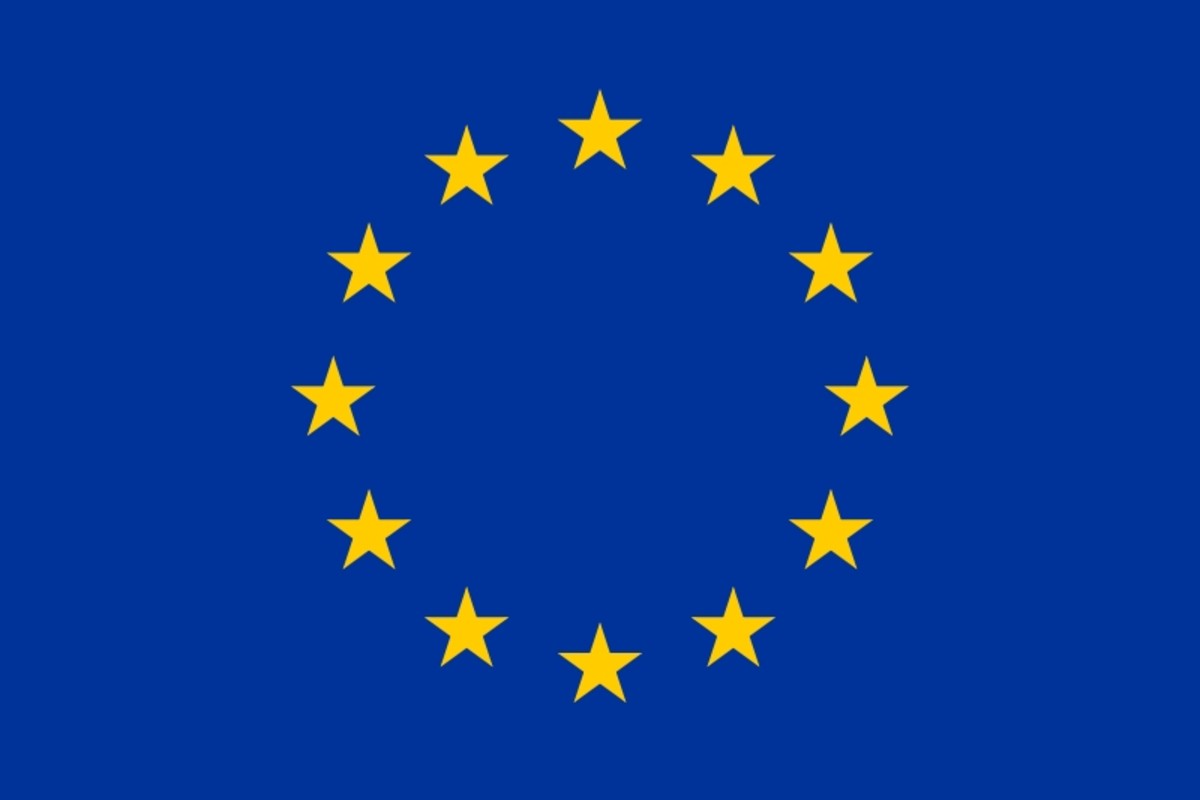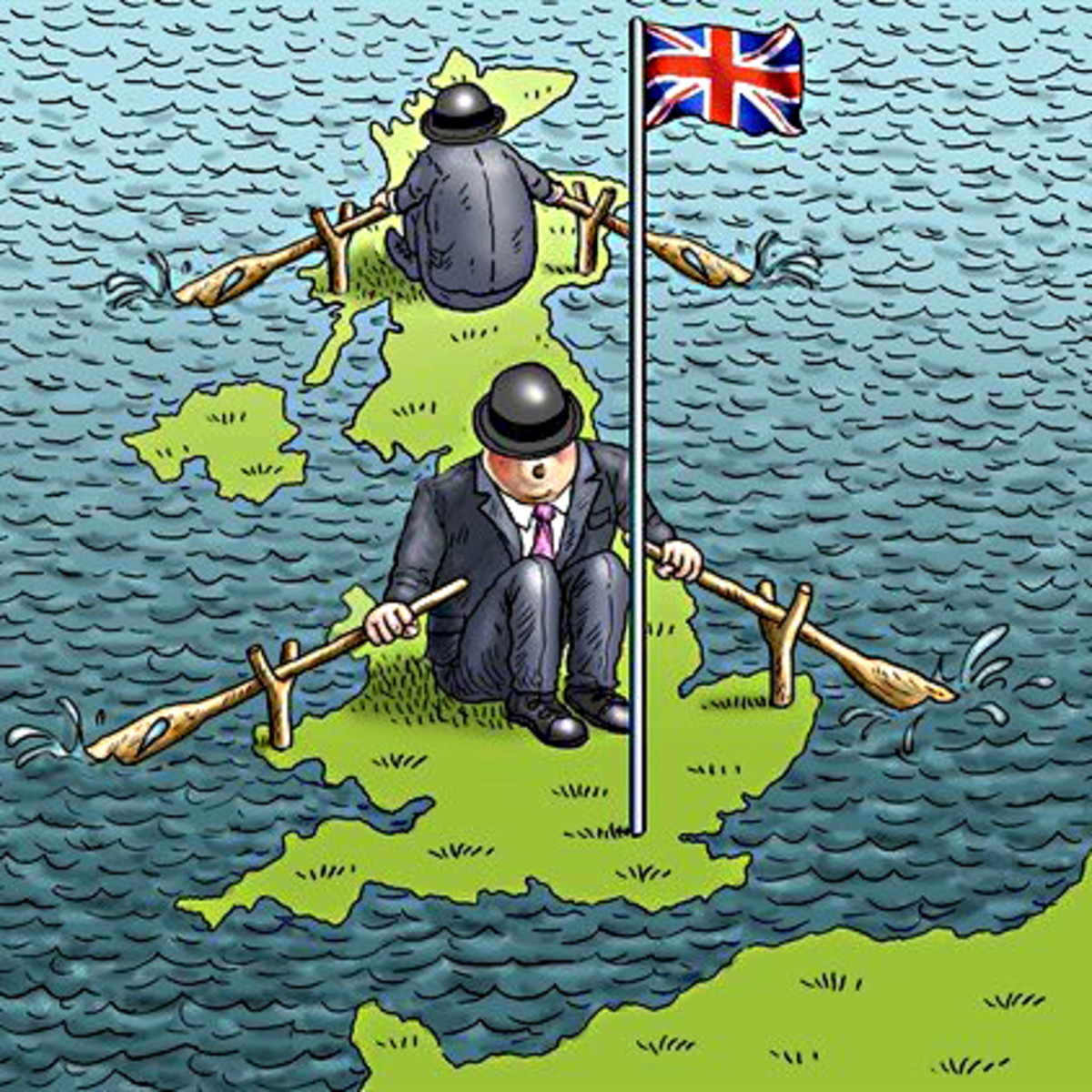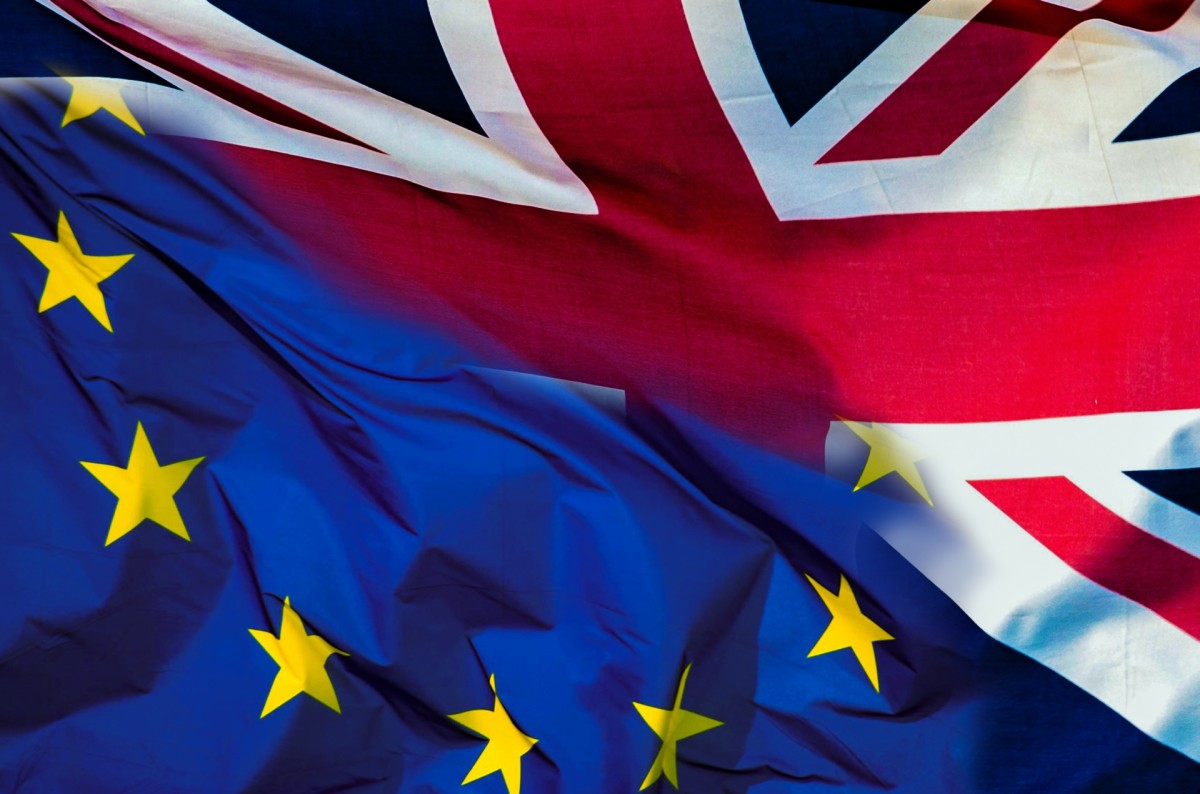How Does The European Union Differ From The Eurozone.
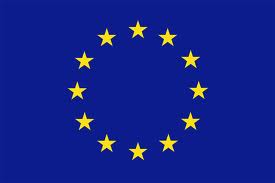
The European Union
The European Union consists of 28 independent member states which have joined together to form an economic and political union. The historic roots are found in 1957 with the creation of the European Coal and Steel Community and the European Economic Community. The primary motivation was the preservation of European peace as it was believed that by binding member states together economically armed conflict between them would become far less likely. The nucleus created by these organizations consisted of six member states: Belgium, France, Germany, Italy, Luxembourg and the Netherlands.
European Union Map
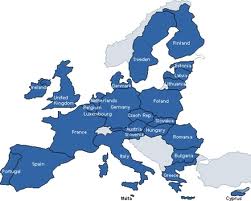
The Sham
History of the Union
Since 1957 new members have joined, new treaties have been signed and the name has evolved from the “Common Market” to the “European Community” and finally to the European Union. As of November, 2011 the Union consists of 27 member states. The EU is a single market, meaning that a standardized set of laws applies in all member countries. For the most part travel between member states is free of passport and border restrictions. At the most basic level the intention of the Union is to provide for “the free movement of people, goods, services, and capital.” Common policies are enacted on a wide-range of policy areas including justice and law enforcement, agriculture, health and the environment, regional development, fisheries, energy and climate change. The Union has an area of a little more than 1.5 million square miles and a population of just over 502 million, or about 7% of the world’s people. The Union’s nominal GDP is approximately $US16 trillion, or about 20% of world GDP.
Eurozone Map
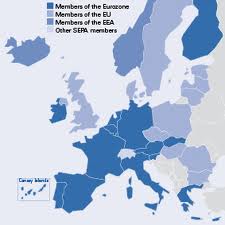
Eurozone Leaders

European Union and the Eurozone
The Eurozone
The Eurozone is a subset of those European Union member states that have fully incorporated the euro as their sole national currency. There are currently 17 such states: Austria, Belgium, Cyprus, Estonia, Finland, France, Germany, Greece, Ireland, Italy, Luxembourg, Malta, the Netherlands, Portugal, Slovakia, Slovenia, and Spain. Monetary policy for the Eurozone is under the authority of the European Central Bank. The bank was established by the Treaty of Amsterdam in 1998 and is one of the world’s most important central banks. The euro itself is, after the USD, the second largest reserve currency and second most traded currency in the world.
The Eurozone is currently seen to be undergoing a sovereign debt crisis which threatens the value of the euro and may lead to the expulsion of at least one member state. Greece has the most severe problem and is teetering on the edge of default, though other countries find themselves in similar circumstances, including Italy, Portugal, Spain and Ireland. It is unclear what sort of cascading consequences might take place elsewhere in the global economy under different resolutions of the current crisis. Prior to the 2008 financial crisis there was no provision by which the Eurozone could bailout member countries in crisis. Provision has since been made, and there is potential involvement from the IMF (International Monetary Fund) as well. As a practical matter Eurozone bailouts are funded by the two strongest economies, Germany and France. There are mechanisms in place, as there are in the IMF, to dictate austerity measures and other budgetary changes as a prerequisite for bailout funds. As in somewhat analogous situations, for example in some countries in Latin America, the possibility for significant social unrest definitely exists.
While the resolution of the current crisis is difficult to predict, there is no doubt that, on the whole, both the European Union and the Eurozone have been quite successful. The EU is one of the most stable and influential political entities on earth and its citizens enjoy, on average, a standard of living that is not significantly surpassed anywhere else.


